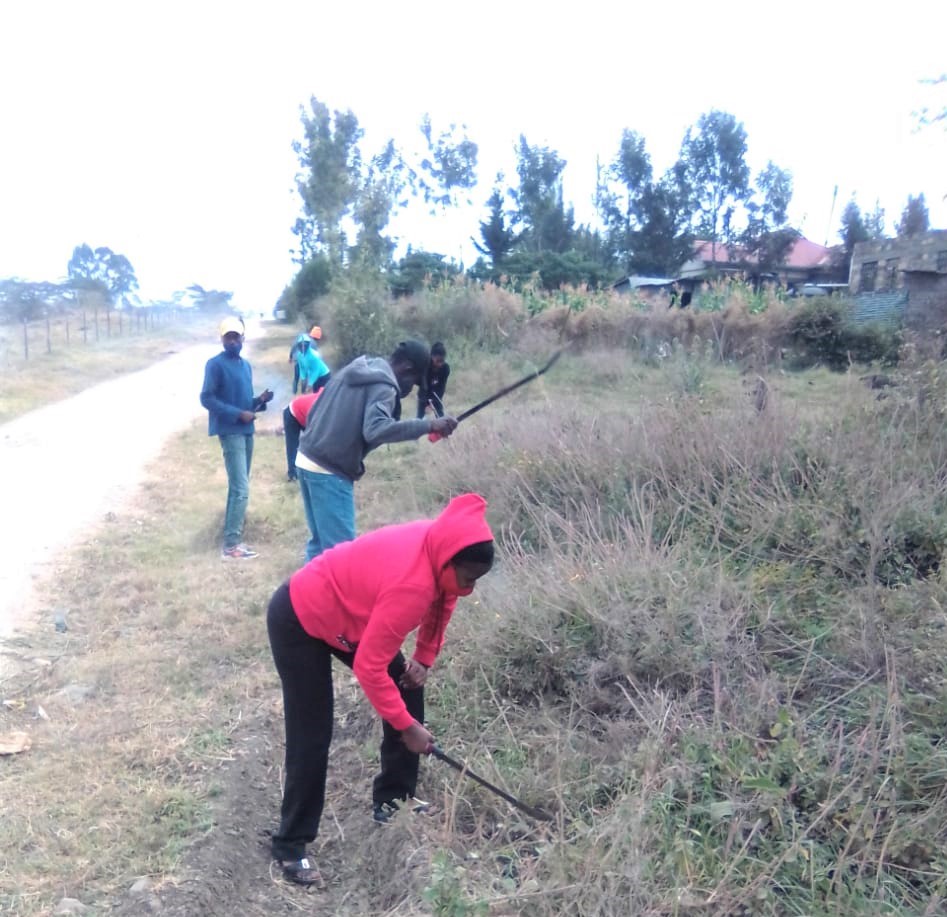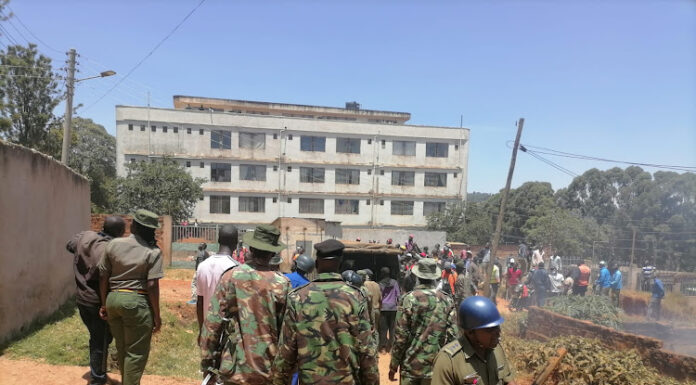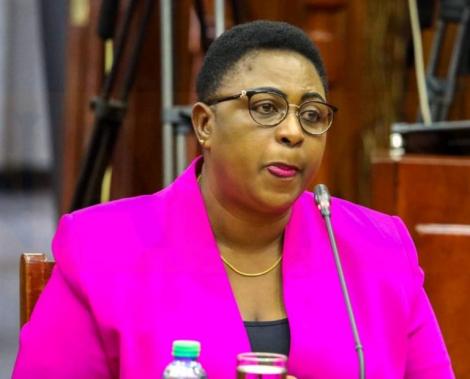
Kajiado County residents have commended the National Hygiene Programme (NHP) popularly known as Kazi Mtaani saying that it has changed the face of urban areas.
The residents noted that the streets, markets, public and slum areas which were normally littered with garbage were now very clean with all drainages unblocked and refuse collected.
Francis Ndung’u, a resident of Majengo area in Kajiado town, said apart from ensuring that cleanliness in all public areas is restored, the Kazi Mtaani programme had enabled many jobless youth earn an honest living.
Ndung’u said the youth who have otherwise involved themselves in petty crimes and drug abuse have been kept busy by the exercise thus incidences of insecurity in Majengo slums have been on a steady decline.
“This Kazi Mtaani programme has truly transformed the image of our towns. Apart from cleanliness in public areas, many youth who were jobless can now earn an honest living instead of engaging in crime,” said Ndung’u.
Another resident Alice Wanjigi reiterated Ndung’u’s remarks adding that youth could no longer be seen idling in bus parks and public areas as they were now busy with the Kazi Mtaani exercise.
Wanjigi said the programme which targets youth from informal sectors and poor background would enable them to change their lives as they would gain financial and life skills.
She noted that apart from earning an income, those involved in the exercise were being counselled on emerging social issues such as drug and substance abuse and teenage pregnancies.
“This programme will help change lives of thousands youth because apart from making money, they will gain life skills and be counselled on issues affecting them such as teenage pregnancies, drug abuse and crime,” said Wanjigi.
Boniface Njagi called on the government to increase the number of months that the programme will run adding that six months was not sufficient.
Njagi said the programme had positively impacted on the lives of the youth who had been frustrated by tough economic times occasioned by the Covid-19 pandemic.
A spot check by KNA in Kajiado, Ngong and Kiserian towns confirmed that streets, bus parks, markets, public areas and markets were spotlessly clean.
Bushes along the mains highways had been slashed and drainages unblocked. Youth who previously could be seen idling in bus parks and social areas were busy engaging in clean-up activities.
County Commissioner Joshua Nkanatha noted that the Kazi Mtaani Programme is a social protection exercise aimed at cushioning people most affected by the pandemic and those already enlisted for the Cash Transfer Program were not eligible.
Nkanatha revealed that 8,500 youth from Kajiado County had been enlisted for the exercise and they have been tasked with garbage collection, planting of trees, fumigation of public places, clearing bushes and unblocking of sewerage lines among other social work.
The CC noted that the first batch of the recruits had already completed their 11 days of work and would be paid through mobile money by the end of the week.
He advised youth to develop a saving culture and set aside some of the money they would earn so that they could start their own businesses which would enable them continue earning an income once the programme ended and also become self-employed.
“I want to urge all youth enrolled for the Kazi Mtaani programme to save some of the money they will earn. At the end of the six months, the money earned and set aside can be used as capital to set up small-scale businesses,” he said.
President Uhuru Kenyatta in April this year launched the first phase of Kazi Mtaani programme which targeted youth from informal settlements from eight counties.
The social protection exercise was first rolled out in slums in Kiambu, Nairobi, Mombasa, Kwale, Nakuru, Mandera, Kilifi and Kisumu which were identified as coronavirus hotspots.
The second phase which has been rolled out in all the 47 counties will see more than 250,000 youth benefit from the Sh10 billion exercise.










